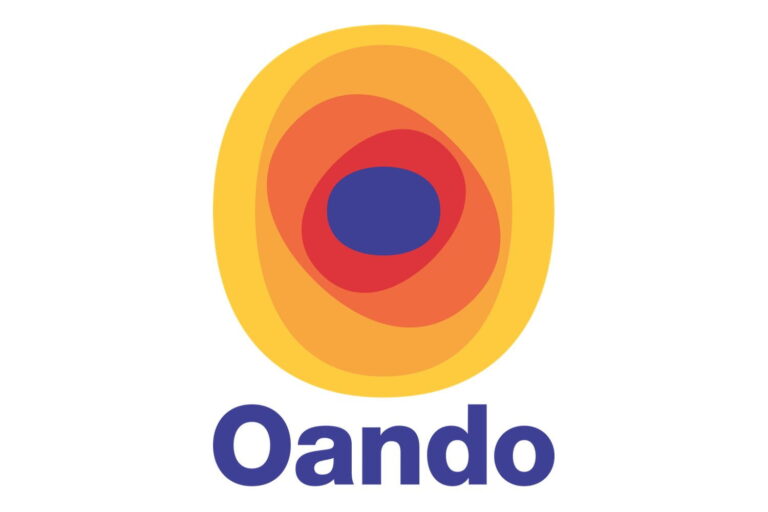By Atoyebi Nike
Oando Plc, one of Nigeria’s foremost integrated energy companies, has expanded its Reserve Based Lending (RBL2) facility to $375 million in a significant financial move aimed at reinforcing its operations and strategic goals. The credit enhancement was led by Afreximbank with support from Mercuria, extending the loan’s maturity to January 2029.
The refinancing follows Oando’s substantial progress in reducing its debt obligations—cutting the original $525 million facility to $100 million by the end of 2024. RBL agreements typically allow energy firms to borrow based on the value of their proven oil and gas reserves, which for Oando currently stand at an estimated one billion barrels of oil equivalent.
Group Chief Executive Wale Tinubu described the development as a pivotal milestone, positioning the company to unlock long-term value from its recent acquisition of Nigerian Agip Oil Company (NAOC). That $783 million deal, finalized in 2024, dramatically broadened Oando’s upstream portfolio, adding 24 active fields, 12 production hubs, over 1,490 kilometers of pipelines, and substantial power generation capacity.
According to the company, proceeds from the upsized facility will be deployed to accelerate drilling efforts, upgrade key infrastructure, and improve overall operational efficiency. These initiatives support Oando’s production target of 100,000 barrels of oil and 1.5 billion cubic feet of gas per day by 2029.
In its newly released audited results for the 2024 financial year, Oando also posted a record 267% surge in profit after tax, reaching N220 billion, up from N60 billion in 2023. The revenue rose to N4.1 trillion, supported by increased upstream output and foreign exchange gains. The firm’s average daily output grew by 3% to 23,727 barrels of oil equivalent, while year-end output hit 36,000 boepd.
Oando also reaffirmed its commitment to environmental sustainability, noting a 92% reduction in routine flaring and progress toward its 2027 zero-flare target. Its clean energy division achieved significant milestones, including the rollout of electric mass transit buses and the development of a plastics recycling initiative.
Looking ahead, Tinubu described 2025 as a year of execution focused on enhancing production, restructuring the balance sheet, improving security in the Niger Delta, and leveraging technology to optimize operations. Capital expenditure dropped to N19 billion in 2024 from N45 billion in the prior year, with spending set to ramp up post-acquisition.
The strong financial and strategic outlook reflects renewed confidence in Oando’s long-term trajectory as a major force in Africa’s energy transformation.
